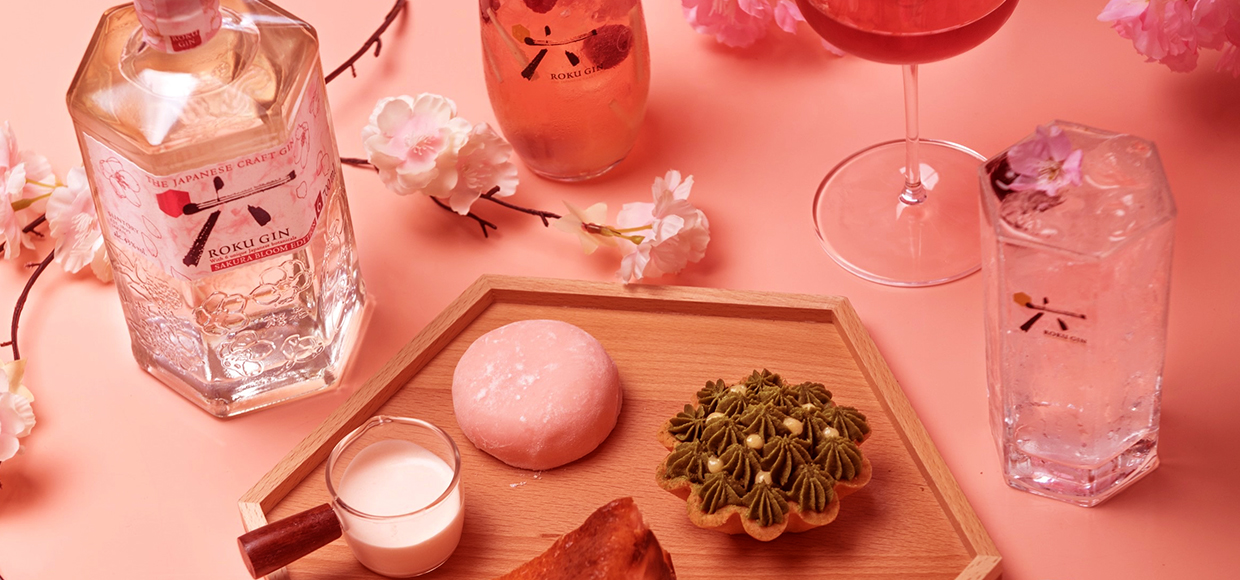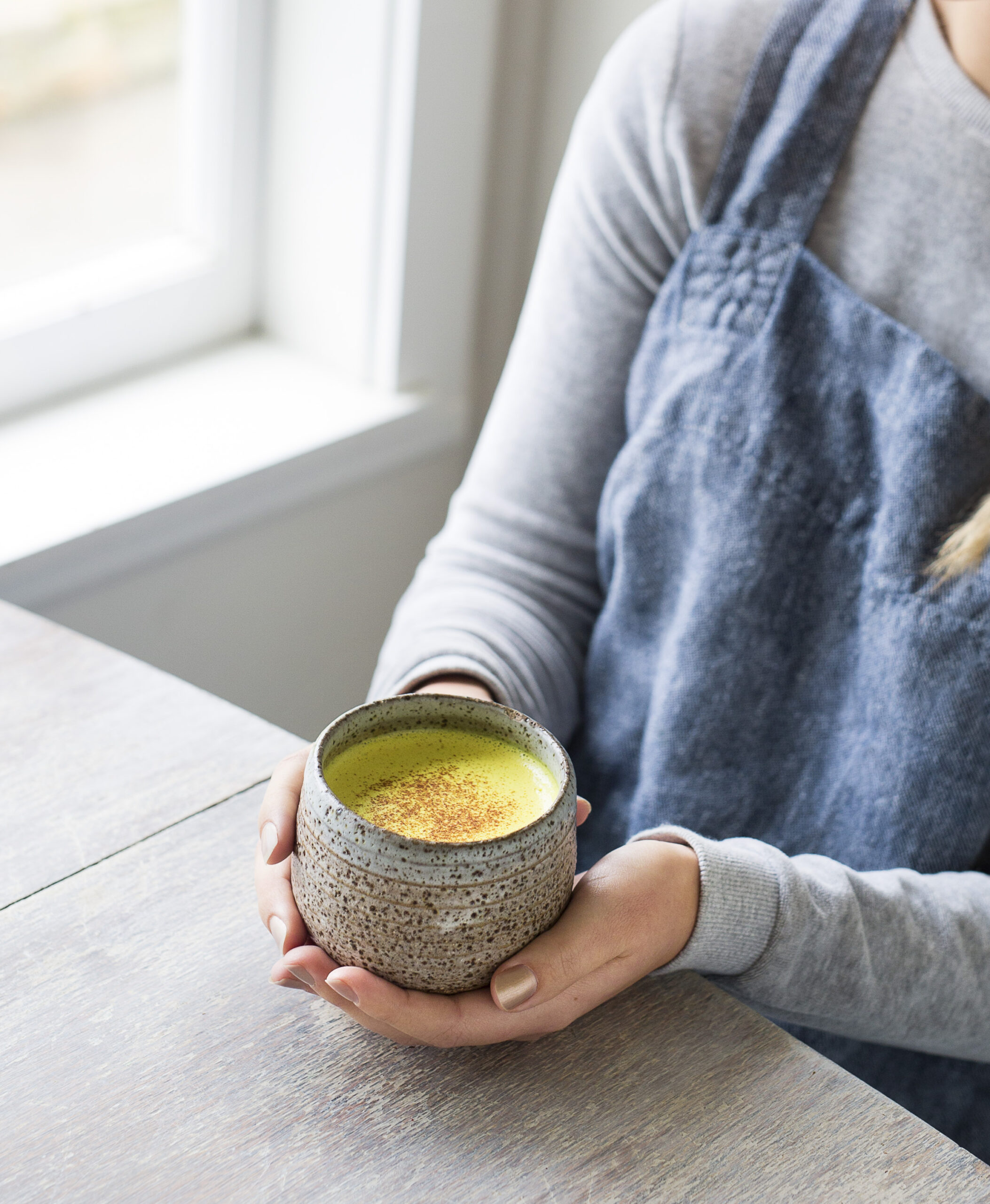Sex should be safe and it should be fun. That means we might need to think about the ethics behind the products we use when slipping between the sheets.
Words Jai Breitnauer. Photography Getty Images DEA / G. DAGLI ORTI Eve, 1896, by Lucien Levy-Dhurmer (1865-1896), pastel and gouache.
Condoms are on quite a few shopping lists, but how much thought do we put into the ones we buy? After all, we buy Fairtrade bananas and ecostore soap because we are thinking about the ethics, but when it comes to johnnies, we’re more likely to focus on the fun. But they’re called ‘rubbers’ for a reason – they’re made from latex, and unfortunately there is a whole can of conservation worms associated with their production.
Rubber farming
Condoms literally grow on trees. Rubber trees. Latex is a natural rubber product that is usually derived from the hevea brasiliensis plant (although a large range of trees and plants contain latex). It’s the same as the milky white substance that oozes out of a snapped dandelion stem, and the process is similar to harvesting maple syrup. There are also synthetic rubbers, such as neoprene, usually based on petrochemicals.
The majority of condoms on the market are made from latex and with good reason. Latex is soft, elastic and strong. But latex production can also damage the environment and animal habitats.
Roughly one hectare of land is needed to grow 200 rubber trees, which take seven years to reach maturity. They’re then ready to be ‘tapped’ for rubber and have a life cycle of up to 28 years.
According to Forbes, an estimated 33 billion condoms were produced in 2016.
Martin Kunz, founder of the Fair Rubber Association, estimates one tree can provide enough rubber for 100,000 condoms. So that’s potentially 330,000 rubber trees taking up an estimated 1650 hectares per year that would be needed to sustain the current output, not to mention surgical gloves, balloons, baby bottle teats and all the other latex products on the market.
The biggest producers of rubber are countries such as Thailand and Malaysia, and much of the land cleared for new plantations is natural forest.
In Cambodia, according to organisation Global Witness, much of the land allocated by the government for new plantations since 2008 is primary rainforest and home to indigenous peoples who become displaced once the land is cleared, causing hardship and suffering.
Another major issue is the use of casein, a milk derivative, to help smooth latex. This means that many condoms aren’t vegan, and there is no guarantee that the cows used in milk production have been kept in humane conditions.
Feeling flaccid?
If you are feeling a bit, well, deflated by all this rubbery doom and gloom, the good news is you can take action – and it doesn’t include winding back your sex drive. Just like buying your favourite fruit and face creams, condoms require a little bit of thought before you get to the checkout. There are companies out there doing their bit to safeguard animals, the environment and the people connected to rubber farming.
Top of our list is Glyde, launched in 1990 as the world’s first socially responsible condom manufacturer. All their latex is sourced from Fairtrade rubber farms to ensure local workers are paid a living wage. They were also first certified vegan in 2006 by The Vegan Society.
The plantations they source their latex from in Malaysia date back to 1905 and the trees are replaced using seedlings from the original trees without clearing further land. Distributor Glyde Healthcare NZ has partnered with Positive Women Inc., a support organisation for families living with HIV/AIDs. Visit glydehealthcare.co.nz to find your nearest stockist.
Sir Richard’s condoms, available from cinder.co.nz, are based in the United States and offer products that are vegan and PETA certified. They are free from potentially harmful chemicals commonly found in rubbers, such as glycerine.
Launched in 2009 by Mathew Gerson, they also donate one condom for every condom purchased to someone in need in the developing world. They are committed to high levels of animal and environmental stewardship.
Sustain, another American brand, is the brainchild of father-daughter team Meika and Jeffrey Hollender, who wanted to offer ethical, organic and safe products that would appeal to women.
They source their latex from Fairtrade-certified plantations, and they’re also vegan. Importantly, they donate 10 per cent of their profits to organisations that provide reproductive healthcare and family-planning services to low-income women in the US. Available from evitamins.com.
Australian company Hero Condoms is also committed to improving sexual health in the developing world, and have donated more than 500,000 condoms to Botswana to date. They are working towards becoming a carbon-neutral company, and they manufacture their condoms using solar power, water recycling and recycled packaging. Hero condoms are available from Countdown supermarkets.
Last, but not certainly not least, don’t forget the lube – water-based, as oil-based ones aren’t compatible with latex. Bonk Lube is a New Zealand-owned- and-operated company manufacturing BioGro-certified organic lubricants that are easy on your bits as well as the environment. Visit bonklube.com for more.
Safe sex should be at the forefront of everyone’s mind, and latex condoms are still the safest way to enjoy each other. By choosing brands with an emphasis on ethics you can also help safeguard the environment, support animal welfare, put a stop to oppressive working conditions and promote good sexual health practices among women and in the developing world. Now that’s a real turn on.




